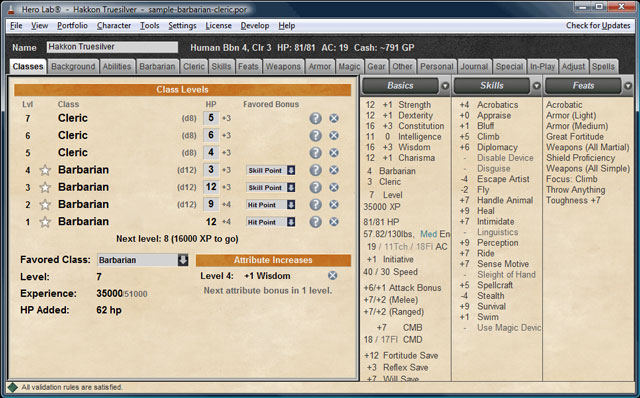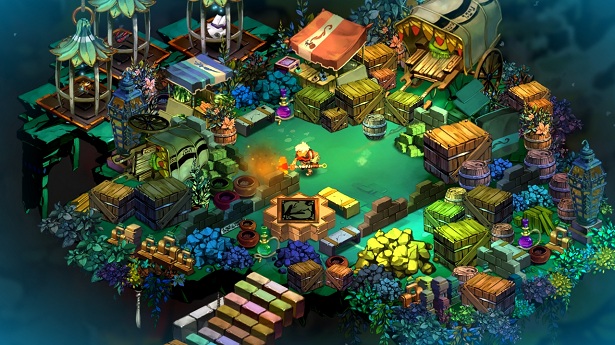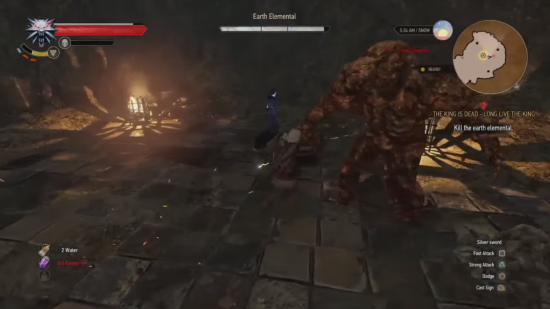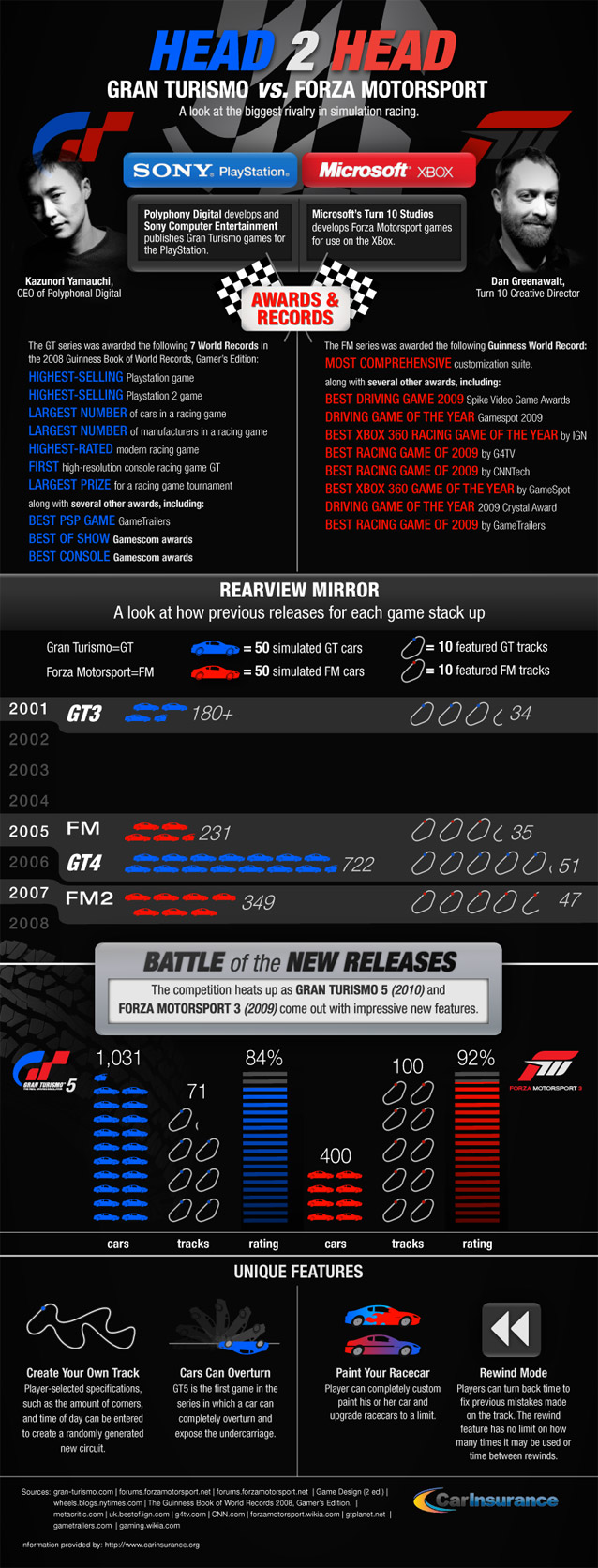

After enjoying two decades of success in its native Japan, the Fortune Street series has finally made its way west in its first outing on Wii. To put it briefly, it's like a beefed-up, more strategic version of Monopoly with a Mario and Dragon Quest theme. If you love any of these things, Fortune Street is worthy of being your new go-to party game.
Above: Games last anywhere from two to three hours, although there's a handy quicksave function if you need it
Fortune Street has two distinct modes that apply to both single and multiplayer: easy and standard. Easy mode works like Monopoly, where each player takes turns trying to land on property squares to buy as much real estate as possible so that when other players land on their squares they have to pay the owner a fee. Whenever you land on a property you own, you can also choose to invest in any of your properties (like buying additional houses and hotels in Monopoly) that increases the cost of landing on that square for other players.
Unlike Monopoly, passing "Go" (or in this case, the bank square) doesn't automatically earn you a reward – in Fortune Street, you also have to pass the four suit squares (diamond, heart, spade and club) before passing the bank to collect your pay packet. Each time you complete this, you gain a level and earn a promotion that increases your salary, so collecting all the suits and passing the bank ends up being a huge part of the strategy, and sometimes gets you ahead even faster than buying property.
Above: As the game escalates, stock investments can make or break each player's chance of winning. A good investment brings a sense of smug satisfaction
Standard mode is a bit more involved. The basics are the same as easy mode, but it adds a stock market, so players can buy and sell stocks in various color-coded sections of the board called districts. Whenever you pass the bank, you can buy new stocks in any district, even if you don't own anything there. So even if you get screwed out of buying any property in a particular district, you can invest in stocks that give you a payout every time someone invests in that district or has to pay money after landing on a square in that district. The risky part is that you can also lose money on stocks – if one player sells off a bunch of stock at once, the stock price plummets and all other stock owners take a hit. The mix of risk and educated guessing goes a long way to make the game more exciting.
All of this – collecting suits, buying and investing in property, and buying/selling stocks – adds up to a lot to juggle and manage, and it's what makes Fortune Street so satisfying to play. It really feels like a competition rather than a game of chance (although there were times when we cursed an unlucky roll of the die, for sure), so the rivalry between players feels very real, unlike most waggle-heavy or chance-based party games. Each game we played was always a tensely close race among players, especially since each player's investments constantly affect everyone else.
Above: The layout of the board changes the strategy of each game by affecting how best to collect each suit card and which properties are most desirable
Lamentably, despite the gameplay being a cut above most party games, Fortune Street still falls victim to some of the same shortcomings as other board-game-style games. All game modes require four players, so if you're short on friends, Fortune Street fills the spots with AI players. This means that if it's just you and a friend, the two of you will have to wait for two AI characters to take their turns each round, which slows down the pace a little too much at times. Options to speed up play are extremely limited too, and aside from turning off the AI characters' flavor chat and speeding up the hopping animation between squares, there's not much to be done.
Also rather bafflingly, only your progress in the single player campaign goes toward unlocking extra content, like unlockable characters and boards, and multiplayer games have absolutely no effect on your save data whatsoever. So if you want to unlock everything, you'll need to spend many, many hours waiting for three AI characters to take their turns as you play alone. It's obviously a game best played with friends, so the emphasis on forcing one person to play solo to access all the content seems bizarre.
Above: Chance-style squares feature microgames that are each mercifully brief to keep the game moving along briskly
As for the fan service, there's plenty of Mario and Dragon Quest goodness for fans of both series, and each board theme in particular is full of little nuggets to notice as you play through. Our only gripe is that the characters don't really interact much, so it feels like less of a true crossover game and more of just a game that has both Mario and Dragon Quest-themed content.
Fortune Street is one of those games that isn't going to appeal to everyone, but those it does appeal to will be totally enthralled with it despite its handful of annoyances. If you like Monopoly but wish the strategy were a little more robust, Fortune Street is game you've been waiting for.




 Are Home Android Game Consoles Worth Buying?
Are Home Android Game Consoles Worth Buying? Top 5 Best Gaming Phones of 2014
Top 5 Best Gaming Phones of 2014 Bastion Walkthrough
Bastion Walkthrough The Witcher 3: Wild Hunt Boss Guide - How to Beat the Earth Elemental
The Witcher 3: Wild Hunt Boss Guide - How to Beat the Earth Elemental Gran Turismo vs Forza Motorsport [Infograph]
Gran Turismo vs Forza Motorsport [Infograph]